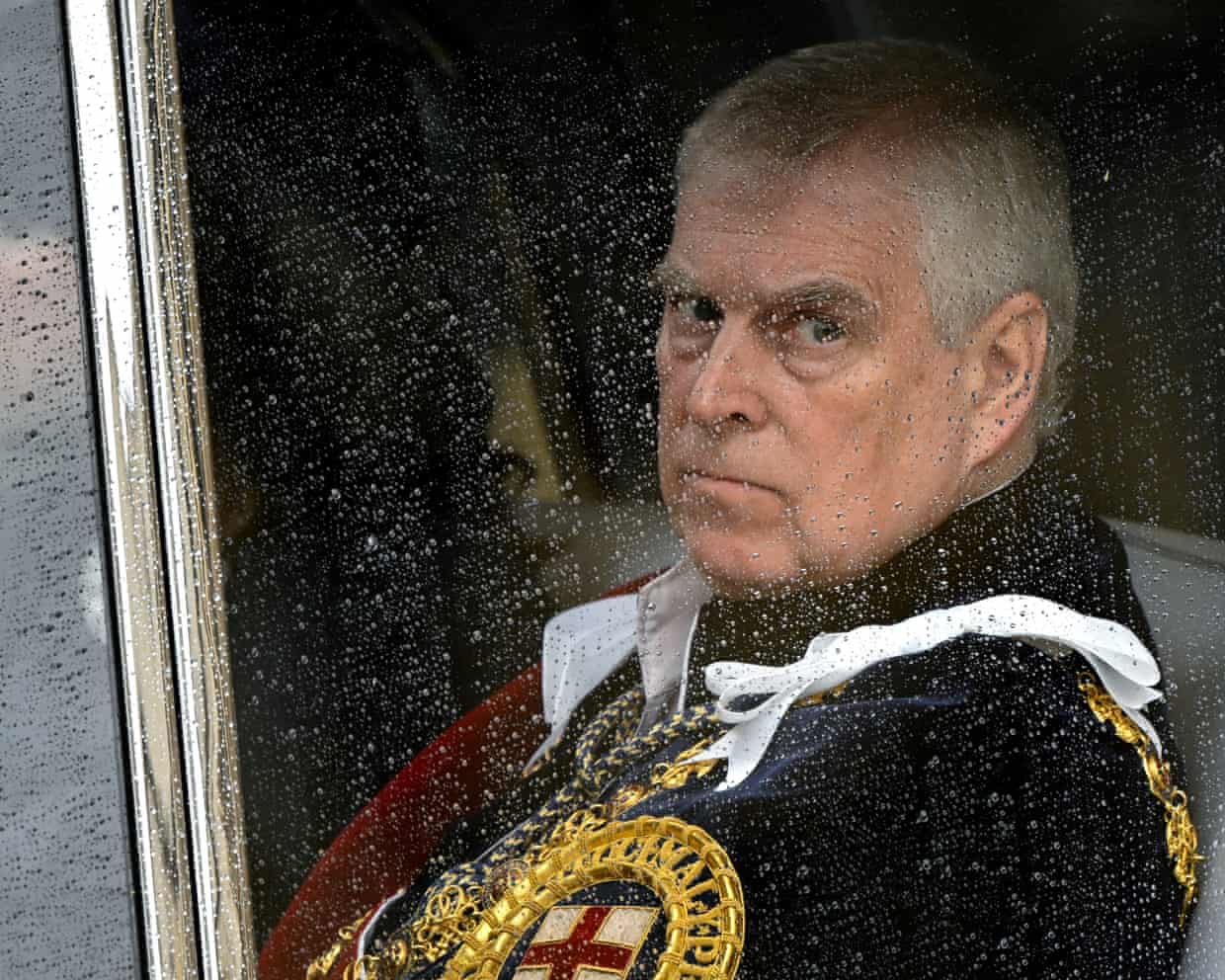In a significant development for the British monarchy, Prince Andrew has officially stepped down from his royal titles, including the Dukedom of York. This announcement, made quietly by Buckingham Palace on Friday evening, follows renewed scrutiny of Andrew’s connections to convicted sex offender Jeffrey Epstein and allegations of sexual assault, which he continues to deny. The decision comes as King Charles III prepares for a historic public prayer with the Pope, marking the first such event for a British monarch in over 500 years.
The impetus for Andrew’s decision has been amplified by the recent serialization of Virginia Giuffre’s memoir, which recounts her traumatic experiences as a victim of Epstein and Ghislaine Maxwell. Giuffre’s book alleges that Andrew viewed sexual relations with her as “his birthright.” Her tragic death by suicide in April 2023 has only intensified public interest in her story and Andrew’s involvement.
Political Ramifications and Ongoing Investigations
The fallout from Andrew’s actions continues to resonate within political circles. Following allegations that he attempted to gather damaging information on Giuffre through his close protection officer, a fresh police investigation has been initiated. While there is no indication that the officer complied with any such request, the allegations further complicate Andrew’s already precarious position.
Members of Parliament and campaigners have expressed that Andrew’s resignation from royal duties does not go far enough. Rachael Maskell, MP for York Central, has called for an explanation regarding the funding of the £12 million settlement paid to Giuffre, which was reportedly partly funded by the late Queen. This settlement was seen as a means to protect the royal family’s reputation, allowing Andrew to avoid a court appearance.
Despite relinquishing his titles, Andrew retains his status as a prince due to his lineage as the son of the late Queen. This situation raises questions about the monarchy’s ability to manage its members and the potential implications for the institution’s future.
A Historical Perspective on Prince Andrew’s Popularity
Historically, Prince Andrew enjoyed a measure of popularity in the UK, particularly following his service as a Navy pilot during the Falklands War in 1982. However, his reputation has suffered significantly due to his associations with Epstein and various controversies regarding his conduct as a trade envoy. Former royal correspondent Stephen Bates noted that Andrew has long been perceived as “arrogant and self-entitled,” sentiments that have only deepened over the years.
The scandal surrounding Andrew has been described as a gradual unraveling, akin to pulling on a thread that reveals deeper issues within the royal family. The infamous photograph of Andrew with Giuffre, taken when she was a minor, remains a pivotal image in the ongoing discussion of his conduct.
In her memoir, Giuffre candidly discusses the exploitation she endured, stating that the perception of women as “playthings” is common among powerful men. This reflection has thrust the monarchy into a challenging position, particularly as younger generations express diminishing support for traditional institutions.
The monarchy’s popularity remains relatively stable among older demographics, but younger individuals show less enthusiasm, indicating a potential crisis of confidence for the institution moving forward. As King Charles and Prince William seek to modernize the monarchy, the ramifications of Andrew’s actions pose a significant challenge.
As the royal family grapples with these challenges, the implications of Andrew’s departure from public life may extend beyond his individual circumstances. The monarchy is under increasing pressure to address its internal dynamics and maintain its relevance in contemporary society.
Future discussions regarding the monarchy’s structure, including the potential removal of Andrew’s dukedom, could reopen debates about royal privileges and the public’s expectations of its leaders. The ongoing scrutiny of Andrew’s past and the royal family’s response will undoubtedly shape the narrative surrounding the monarchy for years to come.
